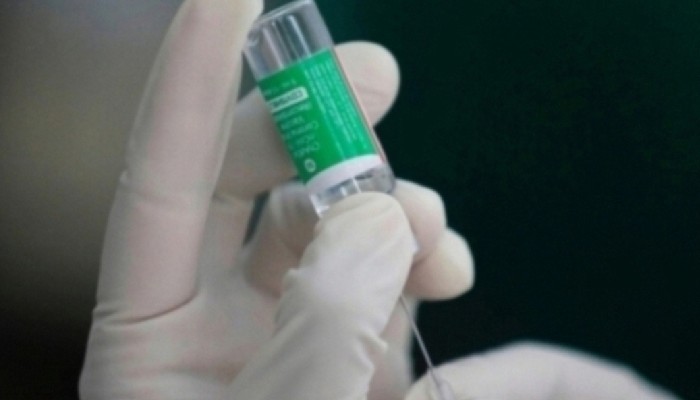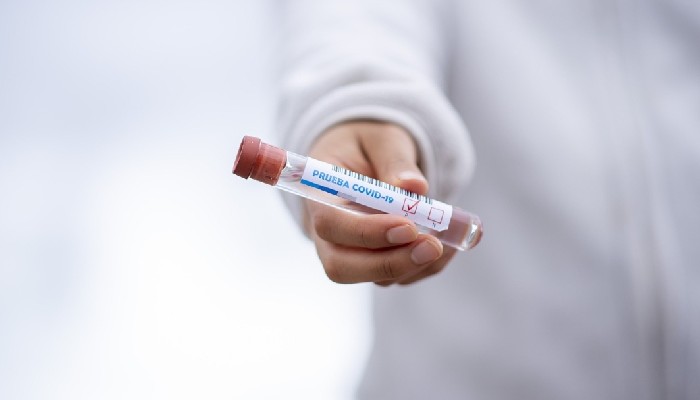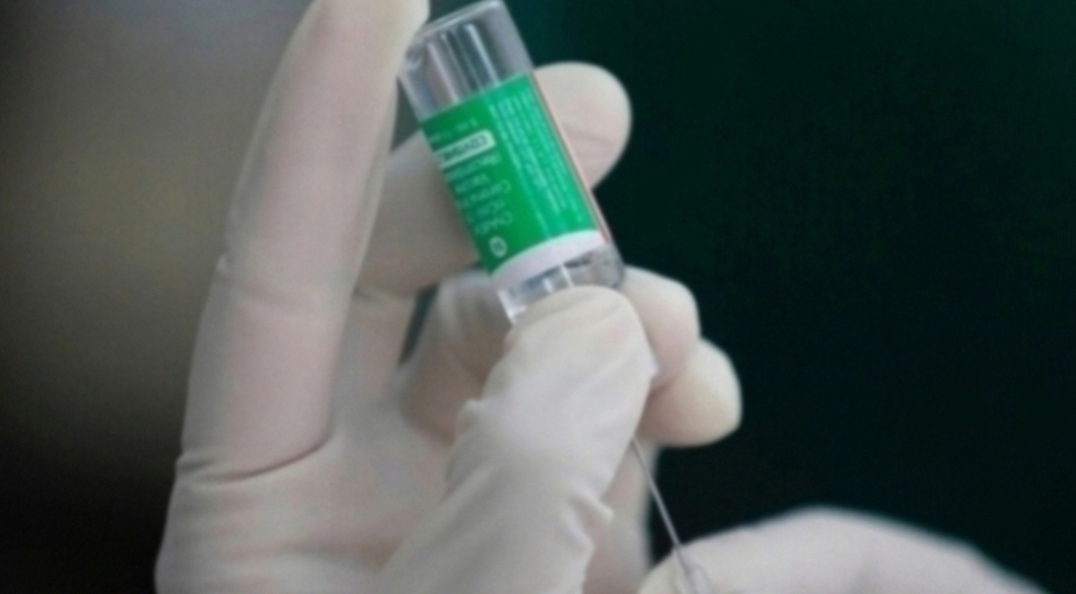Requests for vaccine stocks from other countries is a sign of the world's growing faith in India’s ability to deliver
On January 16, India officially launched the world’s largest Covid-19 vaccination program, which has already crossed the 5-lakh mark on the fourth day. The country aims to provide vaccines in bulk to the foreign friendly nations as well.
An article in CNA (Channel News Asia) notes that India’s drive to stamp out COVID-19 could potentially change the country’s fortunes and deliver it the global reputational boost it so craves.
Already, other countries around the world have reportedly requested access to India’s stocks. It’s reported that Morocco, Saudi Arabia, Myanmar, Bangladesh and South Africa are amongst the countries requesting vaccine stocks.
Brazil President Jair Bolsonaro has also requested two million doses even though he had earlier been skeptical of COVID-19. This is another signal of the growing faith that the global community has in India’s ability to deliver, the article notes.
Further it points out that there are signs that India’s existing medical tourism infrastructure will be massively boosted with anecdotal reports of foreigners looking to head there to fast-track their inoculations.
It notes that Overseas citizens of India are interested to fly to India to get vaccinated rather than waiting for six months.
With the minimum involvement of the Indian government, the private sector companies self-sufficiently took care of the vaccine from manufacturing to its delivery, the article notes, crediting it to both the Indian government and the private sector.
India is set to gift about 10 million doses to its fellow South Asian neighbours – Afghanistan, Bhutan, Bangladesh, Nepal, Sri Lanka and the Maldives (although notably, not Pakistan).
The conclusion of the article notes that vaccine diplomacy will not solve India’s myriad other problems – underemployment, climate change, a sluggish economy, right-wing extremism – but it is clear that as the world races to reach normality, India may well find itself in pole position.
 Contact Us
Contact Us  Subscribe Us
Subscribe Us









 Contact Us
Contact Us
 Subscribe
Subscribe
 News Letter
News Letter

